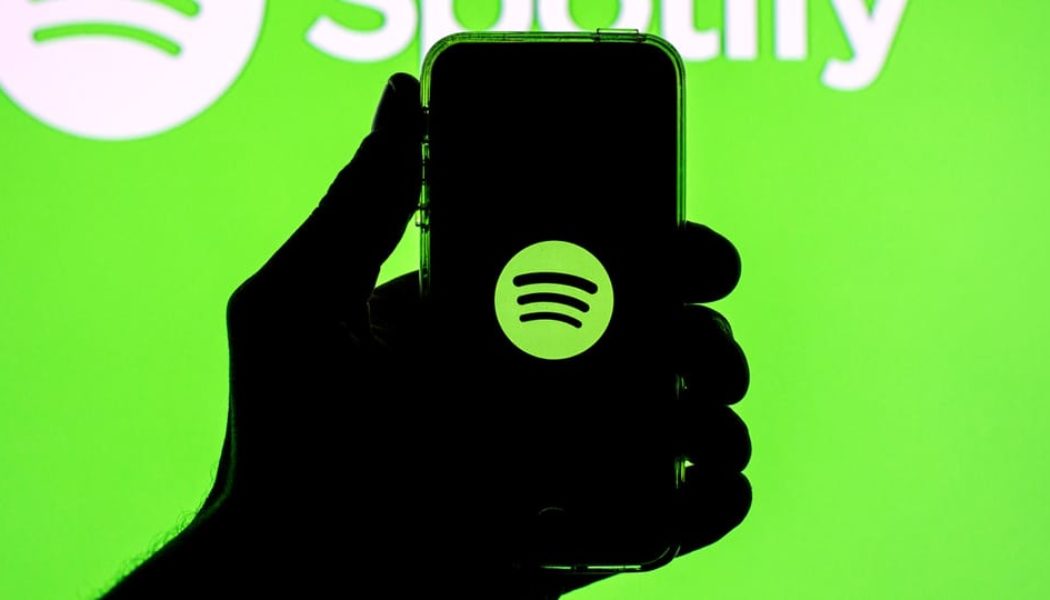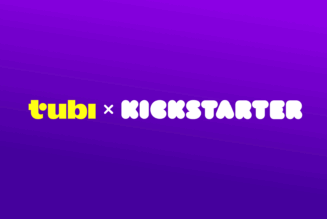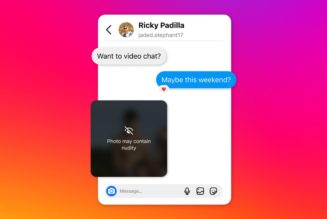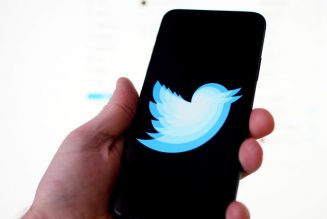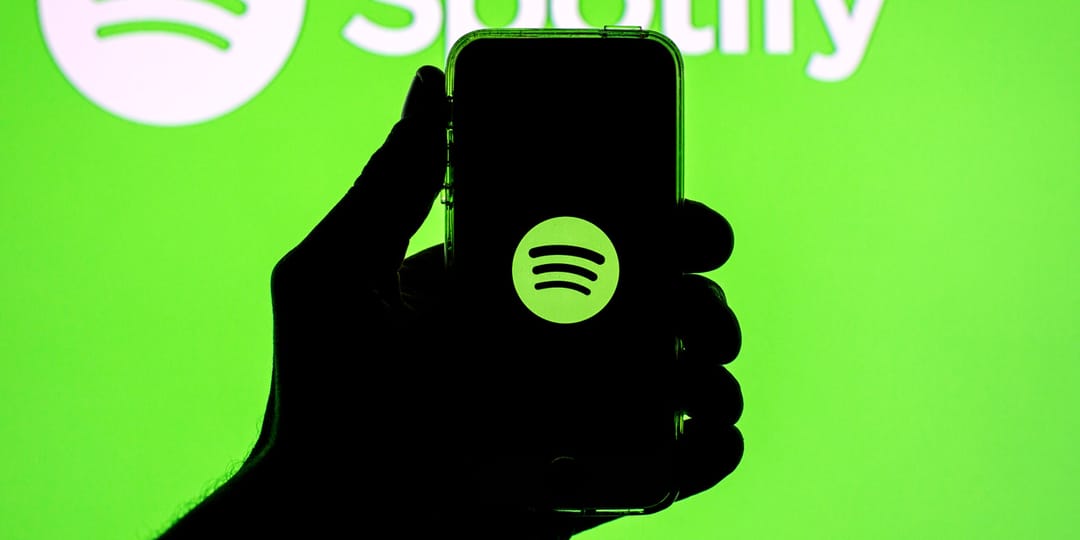
Spotify has revealed its new policy on paying artists for their streams. Sharing the news, Spotify said that its payouts to the music industry measure “over $40 billion USD and counting” to date.
In the report, the company expectedly affirmed that it would no longer be compensating artists for songs that had fewer than 1,000 streams. For context, 1,000 streams generate just about 3 cents per month.
The streamer says it believes “the policy will eliminate one strategy used to attempt to game the system or hide artificial streaming, as uploaders will no longer be able to generate pennies from an extremely high volume of tracks.”
Spotify went on to outline that it had three main goals when it came to restructuring the system: it wanted to deter artificial streaming, better organize payouts to smaller artists and “rein in those attempting to game the system with noise.”
While Spotify conceded that those issues still only comprise a small number of streams, the platform said that by addressing them, it would be able to direct an additional $1 billion USD to the platform and promote rising artists.
As for how it plans to fix the problem, Spotify will be charging labels and distributors when it detects artificial streaming and work on removing tracks that are simply white noise or static, as well as requiring functional noise recordings to be at least two minutes in order to generate royalties.
In other music news, the AI startup Stability has a new tool for creating generative videos.
